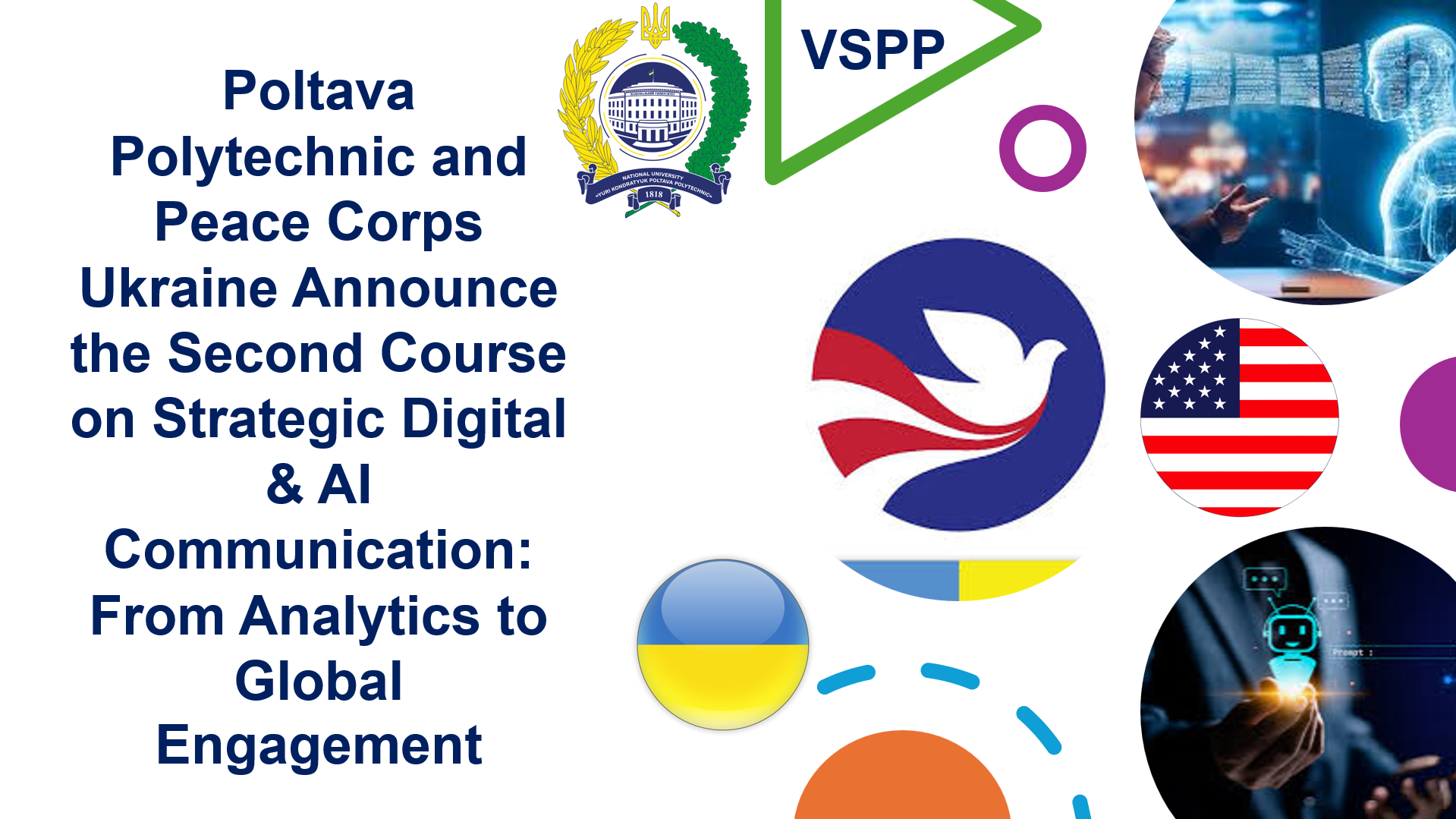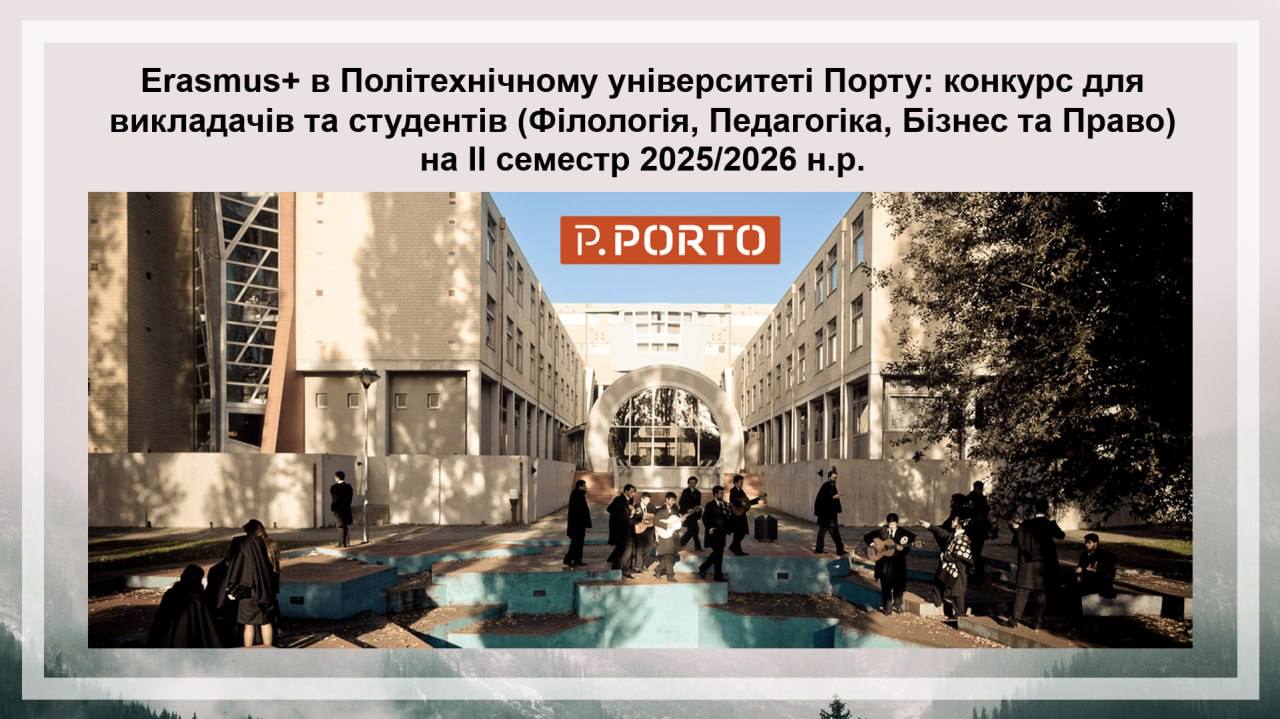At the beginning of March, the academicians of Faculty of Humanities of National University “Yuri Kondratyuk Poltava Polytechnic” joined the three-day annual international online conference ELTOC-2021. The conference was initiated and organized by the scientists of Oxford University, and the discussion was focused on the exchange of original lifehacks and the most relevant methods of foreign language teaching during the COVID-19 pandemic. The English language teachers and scientists from all over the world shared their own teaching experience, talked about successful interaction with students and presented the up-to-date educational methods for teaching English.
Academicians of Faculty of Humanities, Doctor of Philology, Professor of Germanic Philology and Translation Department Tetiana Kushnirova, PhD in Philology, Associate Professor of Germanic Philology and Translation Department Anna Pavelieva and Teacher of Germanic Philology and Translation Department Svitlana Manhura joined the scientific discussions. At the end of March, the philologists learned innovative teaching methods at the Global Teacher’s Festival and exchanged the experience of teaching foreign languages at webinars from the British Council.



Over three working days, experienced teachers from different countries held 15 webinars dedicated to the difficulties and innovative methods of teaching the English language. The participants discussed the language learner agency, a concept widely used by foreign scientists and pedagogues.
















According to Doctor of Philology, Professor of Germanic Philology and Translation Department at National University "Yuri Kondratyuk Poltava Polytechnic” Tetiana Kushnirova, the practical knowledge received at the conference will improve the quality of the training of philology students.
“The participants of the conference discussed important elements of learning process, such as autonomy, individual work, self-confidence, self-managed learning, self-evaluation and self-education. Speaker shared practical pieces of advice on how to motivate students to learn English. Special attention was paid to the goals and the contents of the classes, the roles of teachers and students, the correctly compiled schedule of classes, the exercises focused on the development of language skills and the evaluation of the results of learning. The approaches of our foreign colleagues are different from those of Ukrainian teachers, so I noted many interesting ideas that I will use in classes,” the scientist said.
According to PhD in Philology, Associate Professor of Germanic Philology and Translation Department Anna Pavelieva, all the webinars were very diverse and incredibly interesting.
“For example, one webinar was focused on advice for parents and grandparents, who were called “cheerleaders”, on how to help their children learn foreign languages at home - what they should pay attention to, how they can motivate their children, manage the time and explain the topics. Another webinar was focused on “digital divide”, the gap between those students who have the access to the modern IT and those who cannot access such technologies. We learned how to ensure complete education process in such situations for all the students. Many discussions were caused by the webinar about motivation, theory of self-determination, the location of education process and its role both in online learning and in the offline format. I noted many useful information during the webinar titled “Getting students to speak when teaching remotely”, since during Zoom-classes there is sometimes such a problem that some students ‘hide’ behind their screens, and it becomes very complicated to involve them in the discussion. The speaker explained how we can encourage such listeners to speak and showed a few dozen useful exercises for such cases, which were kindly sent out to the participants of the conference. I will definitely use the received knowledge during classes with philology students,” the teacher commented.
“It is incredibly important to exchange experience not only with our Ukrainian colleagues but also with pedagogues from other countries, because they have their own ‘hacks’ and approaches that we may not know about. I have learned a lot of useful information over these three days, and it will be handy for my classes of English and in relationships with my colleagues,” teacher of Germanic Philology and Translation Department Svitlana Manhura added. “In particular, the webinar titled “Exploring Motivation in the Workplace: Building a motivation map for you and your team” was focused on internal and external motivation, the carrot-and-stick approach, the reward system, and most importantly, the stages of motivating oneself and the team depending on the values and goals of the team.”
During the conference, the academic staff of Faculty of Humanities of National University “Yuri Kondratyuk Poltava Polytechnic” learned about the most popular methods of teaching English, talked about the problems of moder foreign language teaching during the world pandemic, and received useful knowledge and practical advice from experienced teachers from all over the world.
In February philology scientists participated in courses from an American analytic company and presented their experience of organizing distanced learning.
Media Center of
National University “Yuri Kondratyuk Poltava Polytechnic”



